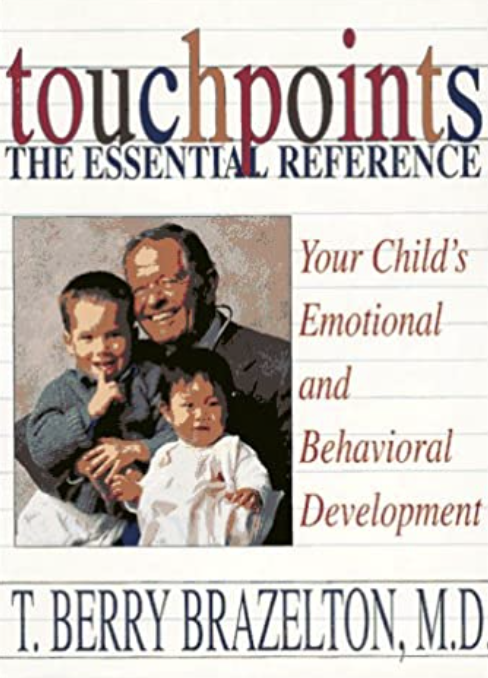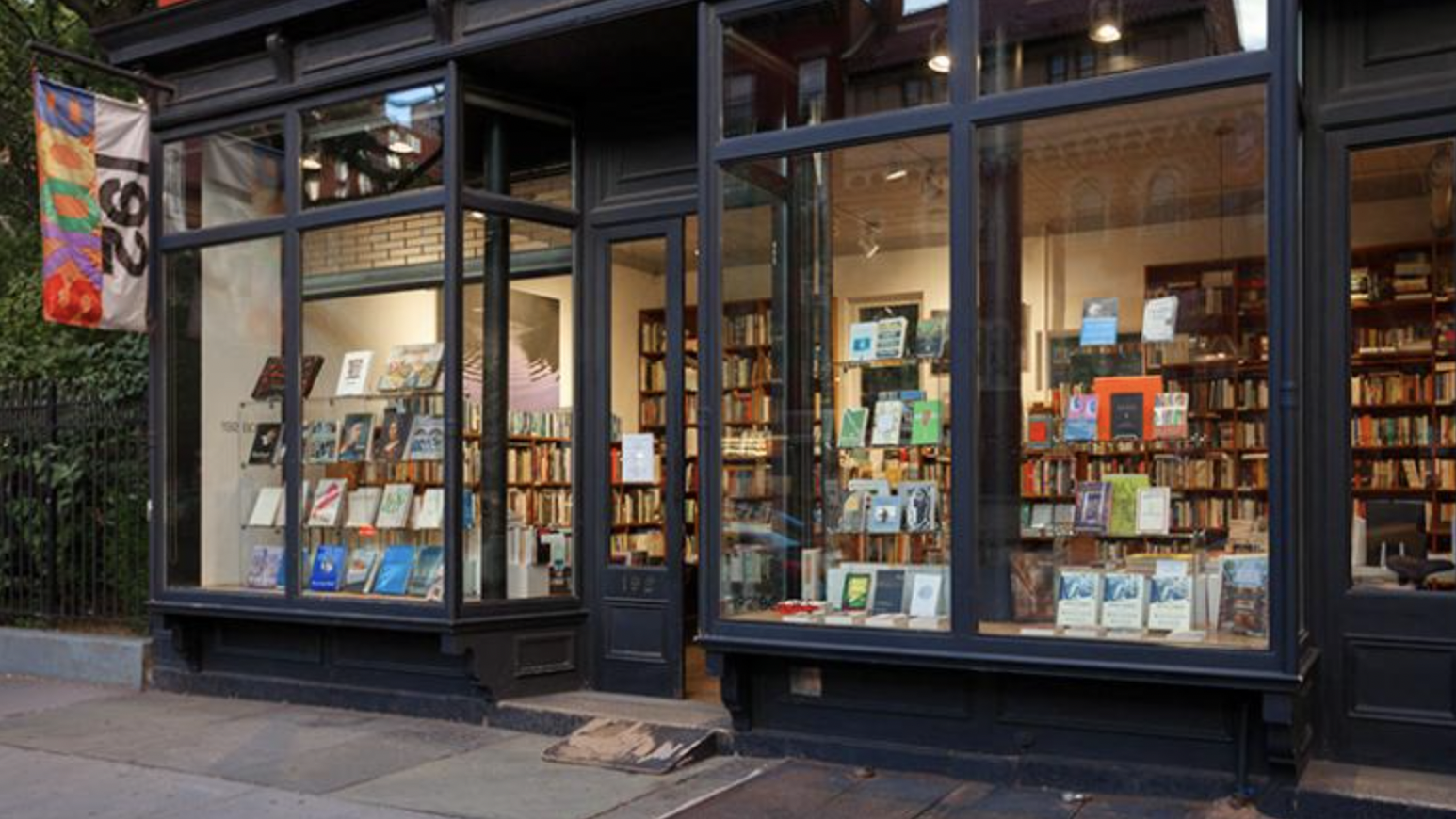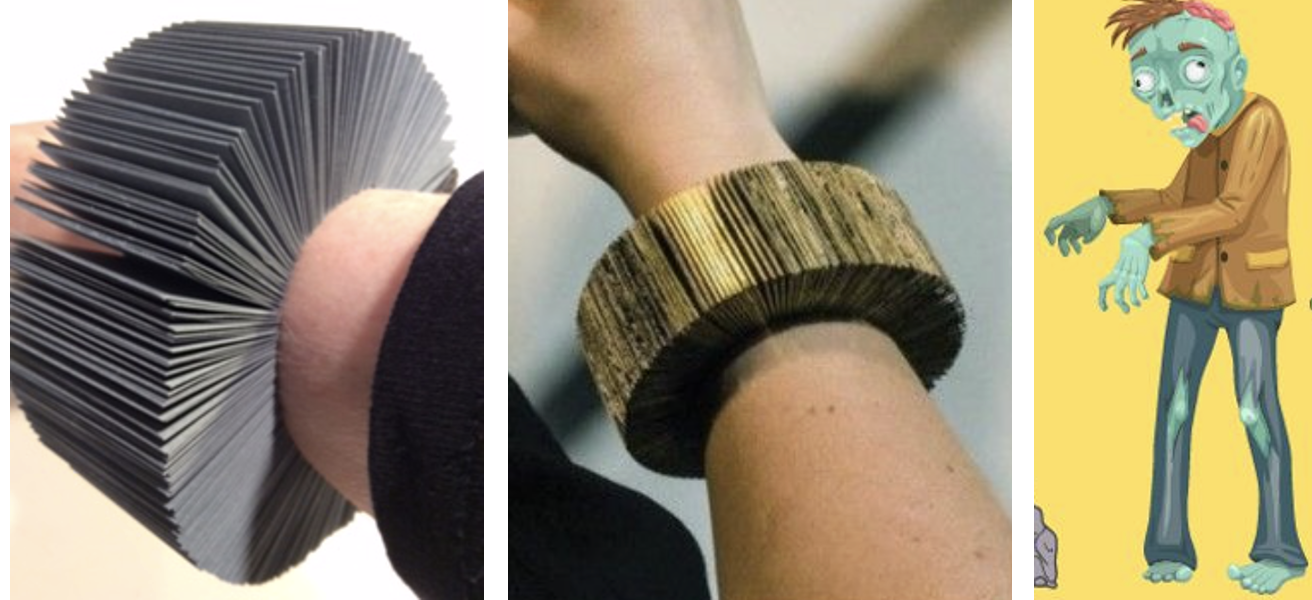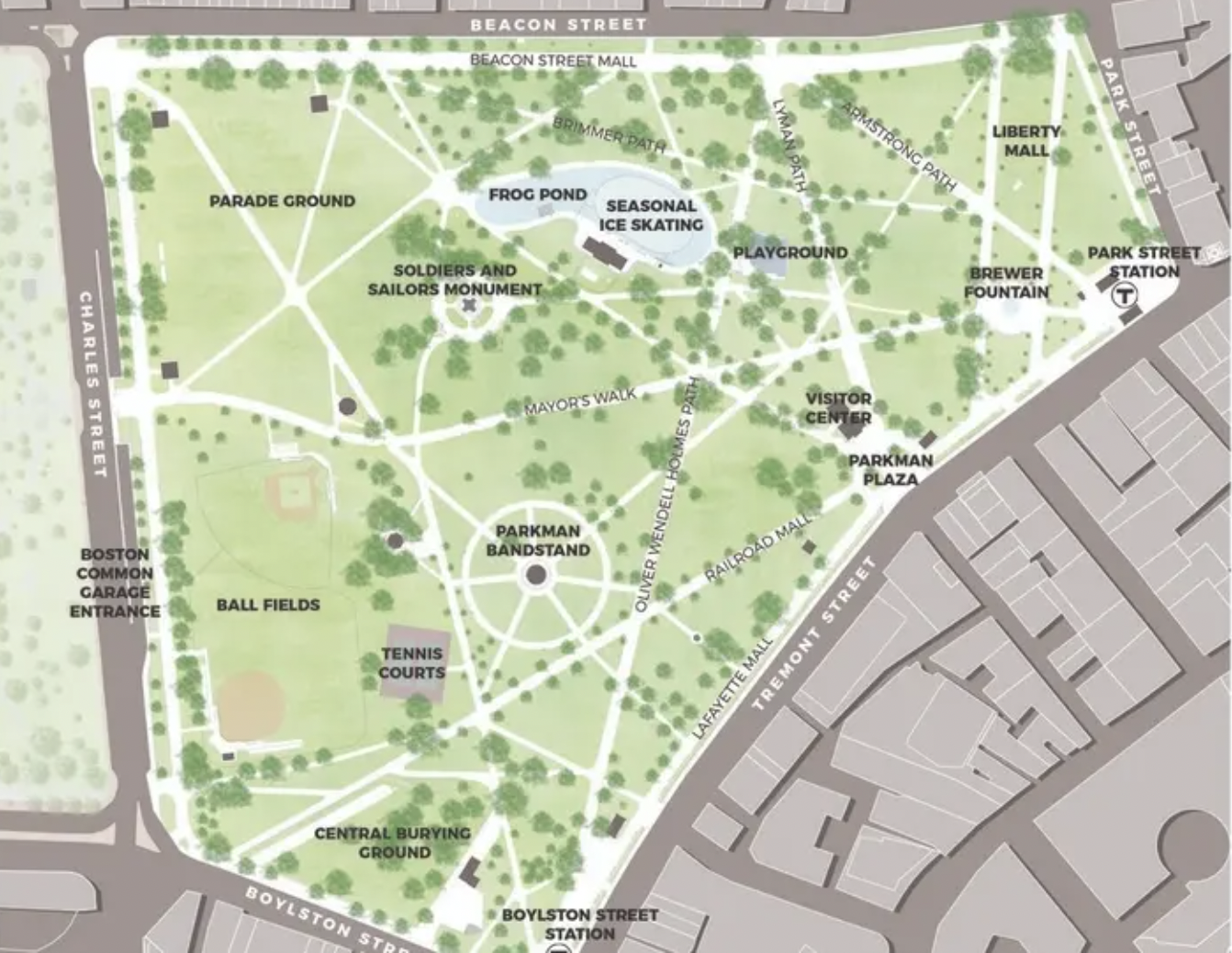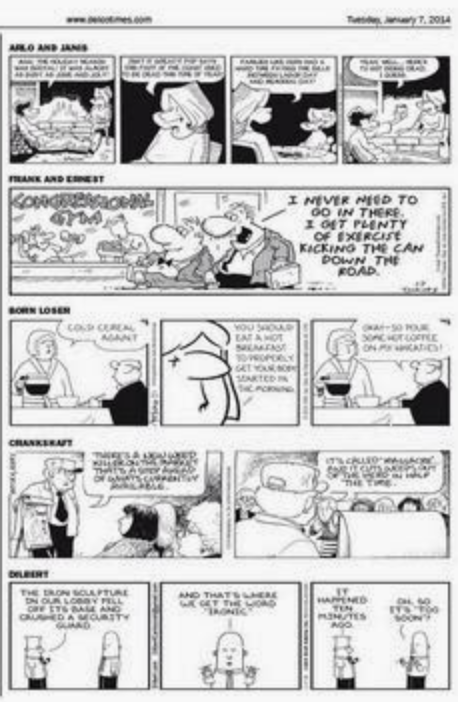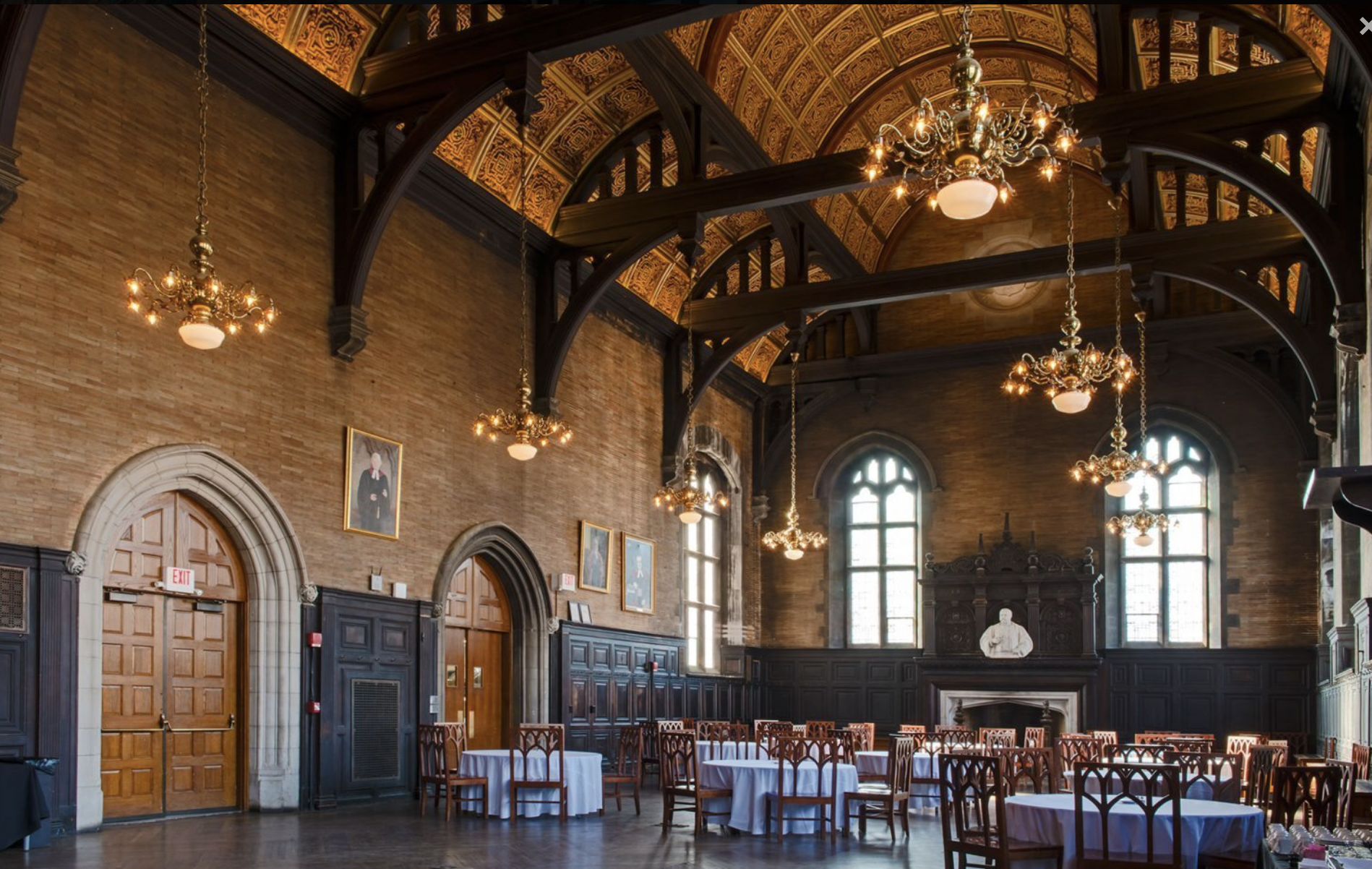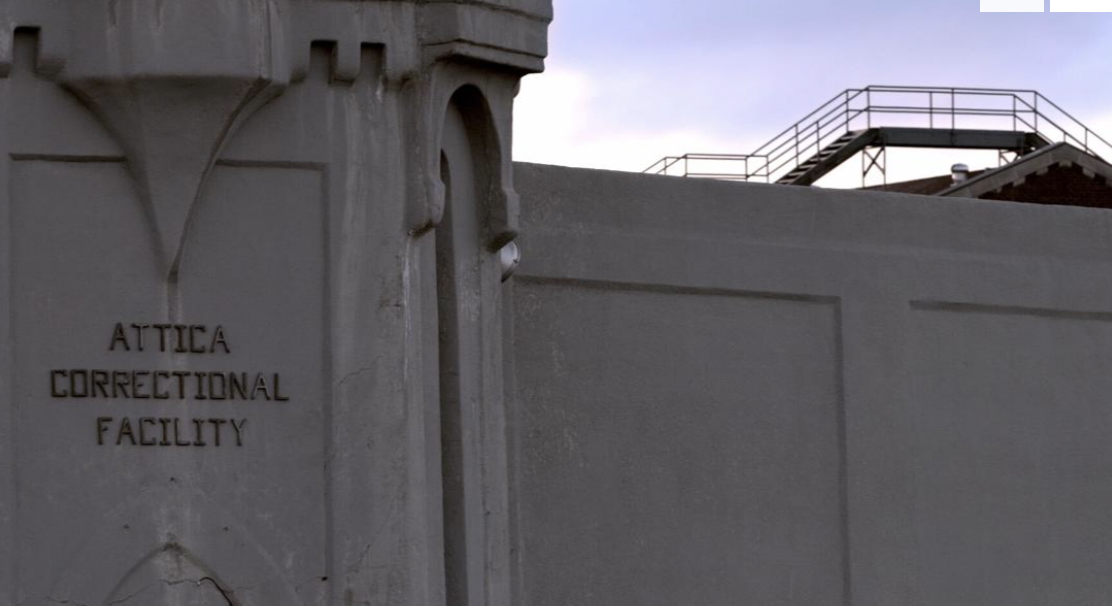She started to explain why she had to, “Somebody wrote these two books—”
“Manuscripts,” I corrected her, “they’re not books until they’re printed and bound.”
She looked annoyed. “You think you’re quite the expert, aren’t you? I’ve looked at your blog.”
“Sorry. I just want this, um, statement, to be accurate.”
The annoyed look, again. “May I?”
“What?”
“Continue.”
She did. “These two,” she paused, “manuscripts described murders that then really happened so—”
“Fiction become nonfiction,” I interrupted.
The annoyed look, yet again. “Here’s what’s going to happen Mr. Brallier. You’re going to write your stupid blog on your time, not mine. Agreed?”
“Agreed.”
She continued, “And in both of these,” she paused and looked me in the eyes, “fictional,” she paused again, “manuscripts,” it turns out that somebody just like you, with the same name, writing the same kind of stupid blog, was the killer. So you see, we gotta check you out. In case your killing people turns out to be,” she paused, “nonfiction.”
I nodded, “I understand.”
I told her where I was at the time of both killings. Showed her my appointments, I had witnesses, no problem. She didn’t push back.
She then explained that the editorial staffs of at least ten publishers and ten literary agencies were now instructed—should any submission with a plot that killed a real editor or agent showed up—NOT to toss the evidence.
“Seems like a plan,” I said.
She did the annoyed look again, “The New York City Police Department appreciates your approval. Now, what is it that they say at the end of a book?”
I was confused.
“The end,” and she pointed to the door.
Tomorrow: I swing by Barbara’s

